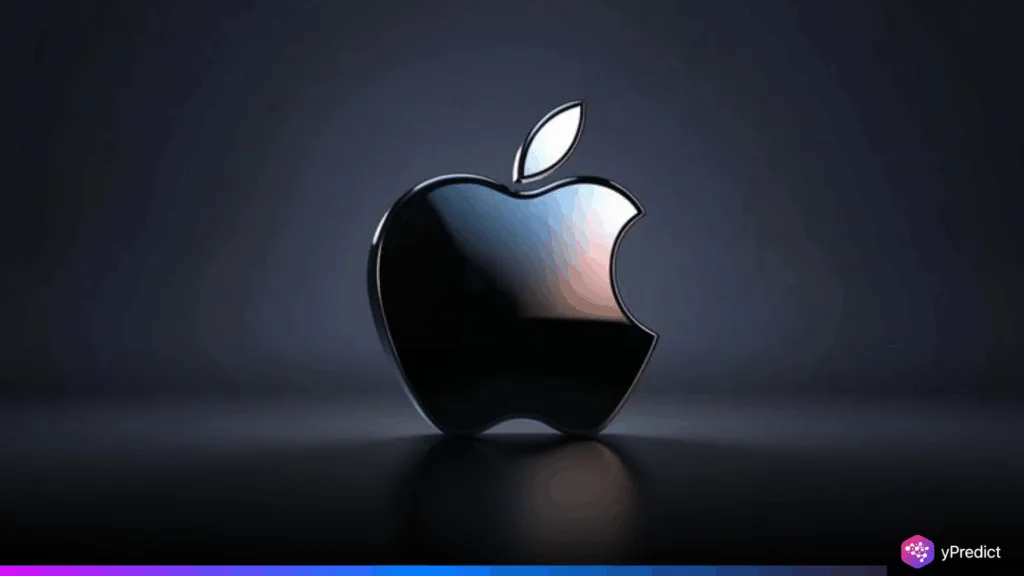
Apple is now facing a proposed class-action lawsuit from shareholders who claim the company deceived investors about its progress on artificial intelligence. The Apple AI Lawsuit alleges that the tech company exaggerated advances related to the company’s Siri voice assistant and that shareholders lost billions because of it.
The complaint, filed in the U.S. District Court for the Northern District of California, targets CEO Tim Cook, CFO Kevan Parekh, and former CFO Luca Maestri. It includes investors who held shares leading up to June 9, 2025—a period during which Apple claimed major AI developments were underway.
Shareholders Challenge Siri AI Promises
At the center of the legal challenge is Apple’s unveiling of Apple Intelligence at its Worldwide Developers Conference (WWDC) in June 2024. Shareholders now argue that Apple exaggerated these capabilities, creating the impression that AI would be the core selling point for the iPhone 16. According to the lawsuit, Apple had no fully functional version of the enhanced Siri AI and lacked a realistic path to delivering it by the iPhone 16’s release.
Despite public statements suggesting readiness, internal delays surfaced by March 2025, when Apple officially pushed back key Siri upgrades to 2026. This delay sparked immediate concern on Wall Street. The complaint states that Apple’s stock began its steep decline after the announcement, eroding investor confidence and market capitalization.
Market Fallout Follows Missed AI Expectations
The Apple AI Lawsuit claims that misleading investor communications led to a nearly 25% drop in share value since its peak on December 26, 2024. The downturn wiped away about $900 billion from Apple’s market cap and grew shareholder angst.
Dismay deepened during the WWDC on June 9, 2025, when Apple offered minimal updates on its AI rollout, and analysts said they were disappointed by Apple’s limited functional Siri improvements and suspicion that the company had exaggerated how ready it was for AI. Thus, this lawsuit might be more than just claiming a loss of money; it represents increased pressure on tech companies to substantiate their AI claims with actionable evidence, especially with flagship products like the iPhone.
App Store Practices Under Scrutiny
Beyond Siri, Apple is also facing heat over its App Store oversight. In a different lawsuit, a user named Danyell Shin sued a company for losing $80,000 through a phony crypto app called Swiftcrypt that could be downloaded directly from the App Store, which was purportedly endorsed as safe and secure.
In this lawsuit, the company is alleged to have had poor vetting of outside apps, and to it misled users into believing that all software on the App Store was trustworthy. This lawsuit is another potential black mark for Apple as it navigates through its mounting lawsuits related to the use of its AI-powered systems and platforms in the real world.
AI Errors Raise Further Concerns
Adding to the controversy, Apple’s AI-driven news summarisation feature recently made headlines for factual blunders. The system incorrectly named darts player Luke Littler the winner of the PDC World Championship, before the final even occurred. It then mistakenly identified Rafael Nadal’s sexuality as gay, erroneously confusing him with the Brazilian player João Lucas Reis da Silva.
While these inaccuracies are not central to the Apple AI Lawsuit, they say something bigger about Apple’s reliability as a tech company. Critics question the reliability of Apple AI publicly, when countless public-facing mistakes and inaccuracies diminish trust. The lawsuits and inconsistencies create an increasing narrative suggesting that the Apple brand of perfection may not have the speed or capacity to yield reliable, credible artificial intelligence. As the legal process unfolds, investors and users will seek accountability and real-world operational change.







